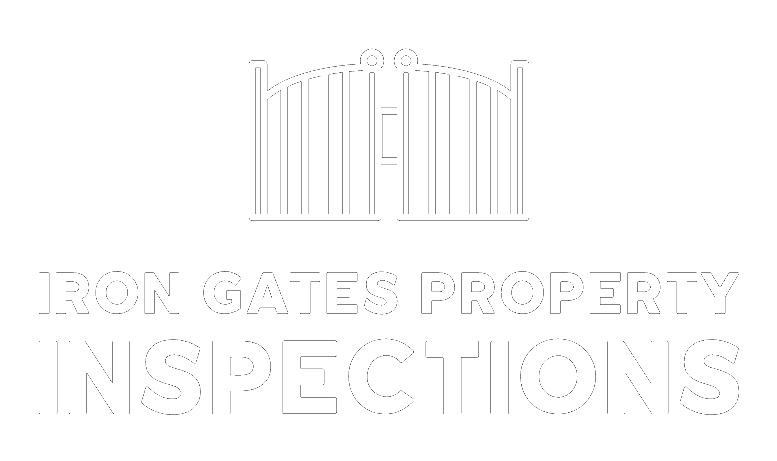https://www.spectora.com/r/surviving-the-home-inspection/
You’ve hit on a crucial point that often catches homebuyers off guard! It’s absolutely true that many buyers are surprised by the issues a home inspection uncovers, even in homes that look perfect on the surface. This is precisely why the home inspection is such a non-negotiable step in the homebuying process.
You’ve done the exciting part: found a home you love, put in an offer, and even signed the purchase agreement. Now, as you rightly point out, comes the home inspection – the moment of truth where a professional, objective eye delves deep into the property’s condition.
Here’s why your observations about understanding the issues and the role of a good inspector are so vital:
“Understanding the issues is a must for a buyer.”
Informed Decision-Making: The inspection report isn’t just a list of defects; it’s an educational tool. It empowers you to make an informed decision about whether to proceed with the purchase, negotiate repairs, or, in extreme cases, walk away.
Financial Impact: Every issue identified potentially has a cost associated with it. Understanding these costs helps you budget for immediate repairs or future maintenance, preventing unpleasant financial surprises after you move in.
Safety First: Some issues, like faulty wiring or structural concerns, are not just about money; they’re about safety. Understanding these critical problems allows you to address them before they become hazards.
“A good inspector will spend the time to explain problems.”
Clarity over Jargon: A detailed inspection report can be overwhelming, filled with technical terms and codes. A truly good inspector won’t just hand you a report; they’ll walk you through it, pointing out the most significant issues, explaining what they mean, and often illustrating with photos.
Prioritization: They’ll help you distinguish between minor maintenance items (e.g., a leaky faucet) and major structural or system failures (e.g., a failing HVAC system or foundation cracks). This prioritization is key for negotiations.
Recommendations: While inspectors don’t perform repairs, they should be able to offer general recommendations for further evaluation by specialists (e.g., “recommend licensed roofer evaluate further,” “consult with structural engineer”).
Q&A Session: A good inspector encourages questions and takes the time to answer them clearly and patiently. This ensures you leave the inspection feeling knowledgeable and confident about what you’ve learned.
In essence, the home inspection transitions the buyer from emotional excitement to practical reality. It’s the critical juncture where you move from falling in love with a home to truly understanding its health and long-term implications. And having an inspector who is also a great communicator makes all the difference in navigating that transition successfully.
